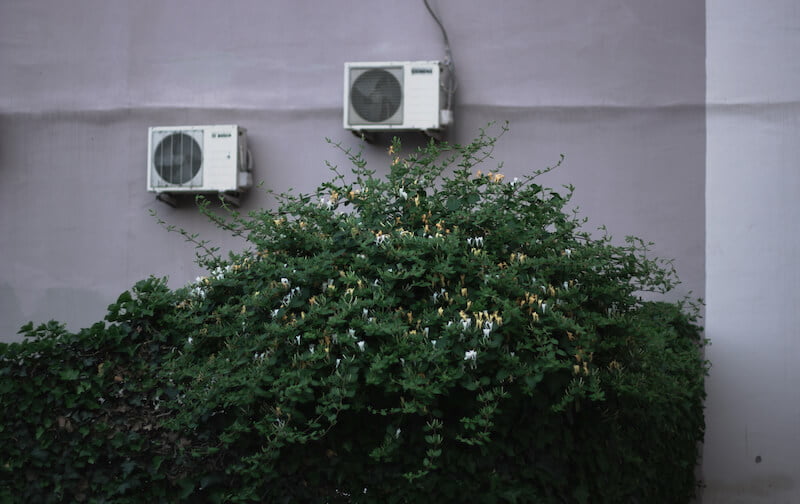
Will we be able to use air conditioning systems as energy storage units in the future to store green electricity for operation? New technologies such as a system called IceBrick are designed to make exactly that possible.
When temperatures are high, many people now resort to fans or air conditioning. Because when outside temperatures exceed 30 degrees, a cooled room is worth its weight in gold. But these systems can place a considerable strain on the power grid.
This inspired engineers to develop new, more sustainable technologies that can store energy and use it when needed. According to one report, cooling systems account for about 20 percent of the world's electricity consumption in buildings, but this share could continue to rise as climate change progresses.
However, innovative cooling systems that can also store energy are expected to help by storing energy during periods of low demand and high availability, thus relieving the strain on power grids. For example, energy provider Nostromo Energy developed a system called IceBrick that stores energy by cooling a water-glycol solution and freezing it in thousands of small containers.
Air conditioning systems as energy storage: New cooling systems particularly efficient
Homeowners and renters can use these containers to complement existing cooling systems. The first use of the IceBrick system took place in 2023 at the Beverly Hilton Hotel in Los Angeles. There, one system supplied both the hotel itself and the neighboring Waldorf Astoria.
The technology can reduce demand during peak times and thus reduce energy costs for building owners. Another promising technology comes from the company Blue Frontier, which relies on the use of desiccants. These materials can absorb moisture from the air, making cooling more efficient than conventional systems.
The key to energy storage is recharging the desiccants, which can be done during times of cheap or abundant renewable energy. This allows these systems to contribute to grid stability without people having to turn down or turn off their air conditioning.
Using air conditioning systems as energy storage could reduce energy consumption
The biggest advantage of these technologies is their ability to flexibly adjust energy consumption to the needs of the power grid. This could help reduce dependence on power outages that can occur when the grid is overloaded. Several customers are currently testing Blue Frontier's systems. The company plans to expand production to make the technology available in private homes.
However, challenges remain in making these solutions cost-effective to increase their market adoption. Overall, however, these approaches offer a significant opportunity to meet the growing demand for cooling technology while minimizing the impact on the power grid and the environment.
However, solving future energy and emissions problems will require more than just new technologies. Increased deployment of renewable energy and large-scale battery storage are necessary to achieve the goal of a carbon-free electricity grid.
Also interesting:
Source: https://www.basicthinking.de/blog/2024/08/09/klimaanlagen-als-energiespeicher/


